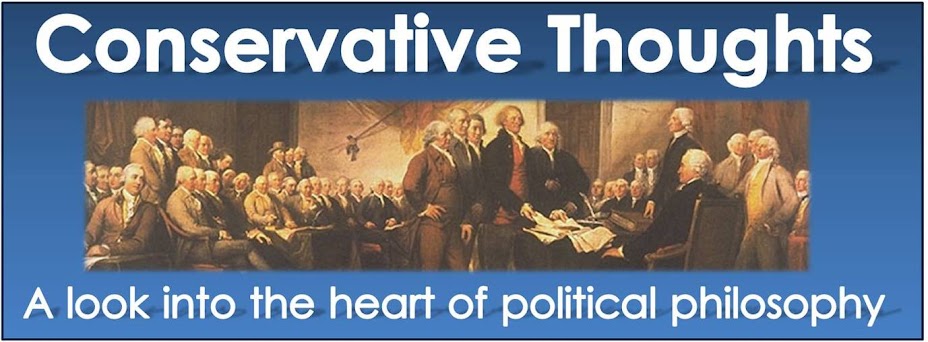
Is it just me, or are we constantly seeing the wrong questions being asked? How great can an answer really be if the premise of the question upon which it is predicated is flawed? How beautiful can rhetoric be praised when it answers an entirely irrelevant question to begin with? I am frustrated by the the complete incompetency of our mainstream media to ask the real questions, the ones that get to the heart of all the problems to begin with. I am frustrated with our government which keeps coming out with "solutions" to symptoms instead of problems.
Take AIG for example. The public is outraged with the millions in bonuses being paid to poorly performing executives. That is understandable, I think. So the immediate questions asked and echoed by our congress are: how can we fix the bonus problem? How can we punish them and get back the money? Meanwhile, reports are coming out that these payouts were known for some time. No one seems to be asking the right questions: why are we bailing out failed institutions, again? Should we really have expected anything different when allowing the government to stick its hands into the private sector? The truth is that the millions in bonuses pail in comparison to the billions in bailouts. The biggest question that needs to be asked is why the bailouts are failing to help.
I watched an annoying interview with President Obama yesterday. As seems to be the case lately, reporters tend to give the President rather difficult and thoughtful questions, which is great. The problem is that they all allow the President to mumble whatever incoherent answer he wants and get away with it. Why doesn't anyone say wait a minute! that doesn't make sense, what about...? For example, the interviewer made a very important observation that the financial industry is very concerned about losing their best people who will want to go to industries where they can make more than 250k a year. Obama's response? Well, they should just go to poor, dumpy North Dakota and get a little appreciation for how much 250k is.
Are you kidding me?? And the interviewer let it slide and moved on. Why didn't he point out that it doesn't matter how much 250k is, as long as there is a way to make more, these people will find a way? Why didn't he ask whether or not President Obama thought it was OK for sports athletes and actors to make millions? Why didn't he ask the right questions?
Later on in the interview, the reporter brought up the idea of just spending our way out of problems and asked a good question: is there a limit? Where is that limit? Obama answered that there was, but failed to define the limit except that we must be able to afford it. Then he started talking nonsense about treasury bonds. Again, the interviewer just moved on. I was outraged. Why didn't the interviewer clarify that we actually have NO current means of funding the spending coming out of Washington, that our deficits are going to be worse than anything during the Bush years, and the treasury bonds are NOT going to save us?
I could continue, but my point is that we have to ask more questions and we have to ask the right questions. We have to be careful about the premise of questions asked and we should never just accept the answers given to us without asking even more follow up questions. I think Washington is purposefully putting the attention on all these "symptoms" and coming up with these courageous efforts to cure them because they know if we ever shifted our attention to the actual problems, we would all realize that Washington is to blame for almost every single one.

1 comment:
I totally agree with you. I don't know what people in the media or the masses in general are thinking of the answers we the people are getting from this administration. They seem to be perfectly comfortable slamming other people and railing against unfairness, but that really doesn't get us anywhere.
One of my favorites is these "dirty derivatives traders" that have killed the economy. Not many people have any clue what derivatives are, so it is easy to vilify. If you replaced "derivatives" with "insurance", people would be much less likely to be against it, and that's really what all of these "evil derivatives" are, just insurance against a loss of value in homes, companies and other assets. But will anyone in the media or anywhere ask the President to talk about derivatives? No, and for good reason. They'd probably get another garbage response like, "They are bad, but so is our health care system."
Post a Comment